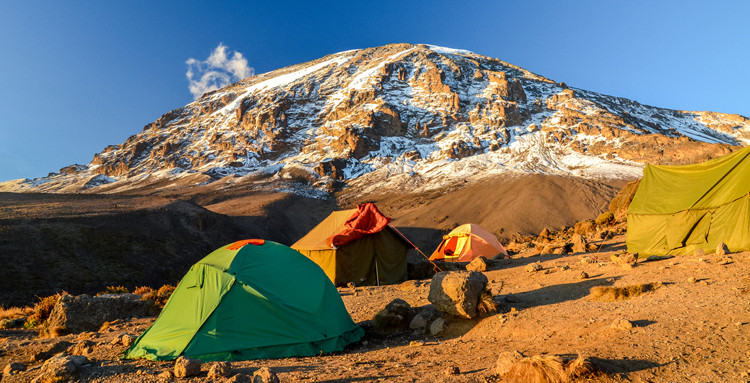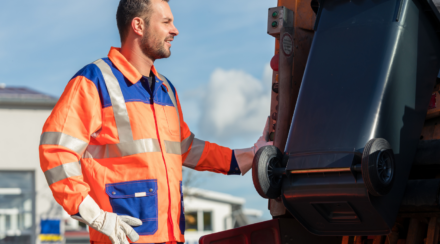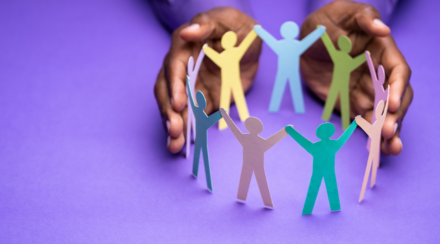Menu

The Kilimanjaro Mindset – Part Two
In my last article – The Kilimanjaro Mindset – I wrote about how, as part of a team of seven novice climbers, I made the journey to the Summit of Africa’s highest mountain … and safely back down again.
I also explored how the lessons of adapting to the ‘new normal’, i.e. operating at high altitude, have helped shape my approach in developing post-pandemic recovery plans of the organisations I currently support.
However, the Kilimanjaro experience taught me about more than the resilience and adaptability of teams and individuals. It also taught me the value of a dedicated support ecosystem of professionals who know what success looks like and their roles in achieving it.
For the seven of us heading to the Summit, there were 29 people helping us get there:
- The Guides taught us about the mountain, kept a close eye on our progress, provided 1:1 consultations on our walking styles and/or use of equipment, and checked our blood oxygen levels twice a day.
- The Porters carried all the camp-related gear, the food, and the climbers’ personal equipment. Every morning they broke down the camp, packed up, and walked by us to the next camp, always singing and smiling. All we had to do was to carry snacks, water, and the layers of clothing we needed for the day.
- The Cooks provided us with breakfast and evening meals.
- The Water Treatment Guy ensured that we had safe water for cooking and drinking
- The Toilet Guy … well, suffice to say the camp boasted two portable conveniences!
This is the support team that prepared us for success. There were clear lines of authority as well as individual empowerment to ensure that the climbers were happy. Absolutely nothing was too much for them. The mountain is an unforgiving environment, and the last thing you need is someone saying that a task is not in their job description.
On the Summit night, we set off at midnight with the aim to achieve our goal by daybreak.
We walked into pitch darkness, with only our head torches allowing us to see a few feet ahead.
The Guides instructed us – “Pole, pole” – Swahili for “Slowly, slowly”. This is where the mental stamina kicked in – you had no choice but to dig deep and rely on your psychological wellbeing to get you through. Halfway to the Summit, I felt my physical energy totally draining and my mind playing games with me.
But the Guides had prepared us properly. They had prepared us for the challenges ahead and encouraged us to focus on just doing the basics – take slow steps and breathe.
This was vital because there are no safety barriers on Kilimanjaro. One wrong step could have resulted serious injury – or worse.
As part of the Kilimanjaro Mindset I am applying to the post-pandemic recovery of workplaces, I am now focusing on strengthening and empowering support ecosystems within organisations:
- Your back-office structure is there to set you up for success. Appreciate, invest, and develop people involved. They are not just admins or assistants – they also have vested interest, ambitions, and aspirations. Tap into this talent pool.
- Develop them by ensuring not only they do their primary roles well, but also encourage them to take on a secondary role – this increases their marketability
- The back-office structure allows you to focus on the strategic aspects of your business and this should be reciprocated, especially when these are the type of roles typically deemed as “low value add”. Listen to them and act on their ideas for better execution. They will know more about the inner workings of your business than one would initially suspect.
- As a leader, outline the importance of the back-office team. Remind them as to why they are an important part of the business – address them and be visible. Be accessible.
- Appreciate and acknowledge the stealthy nature of how things get done by the back-office structure.
Support your support people and you will see their behaviour align with the survival of your business. These are the people who, under your leadership, will guide the organisation through the unfamiliar challenges of the ‘new normal’.
Copyright OrgShakers: The global HR consultancy for workplace transformation founded by David Fairhurst in 2020



